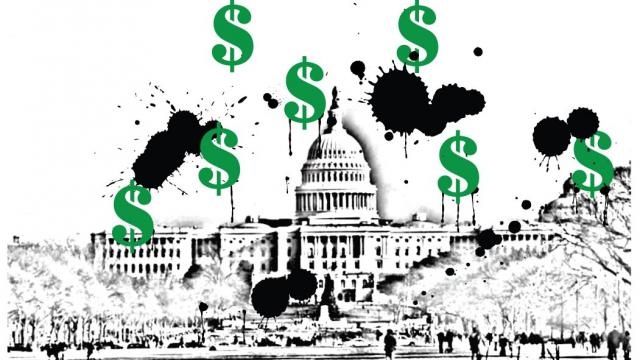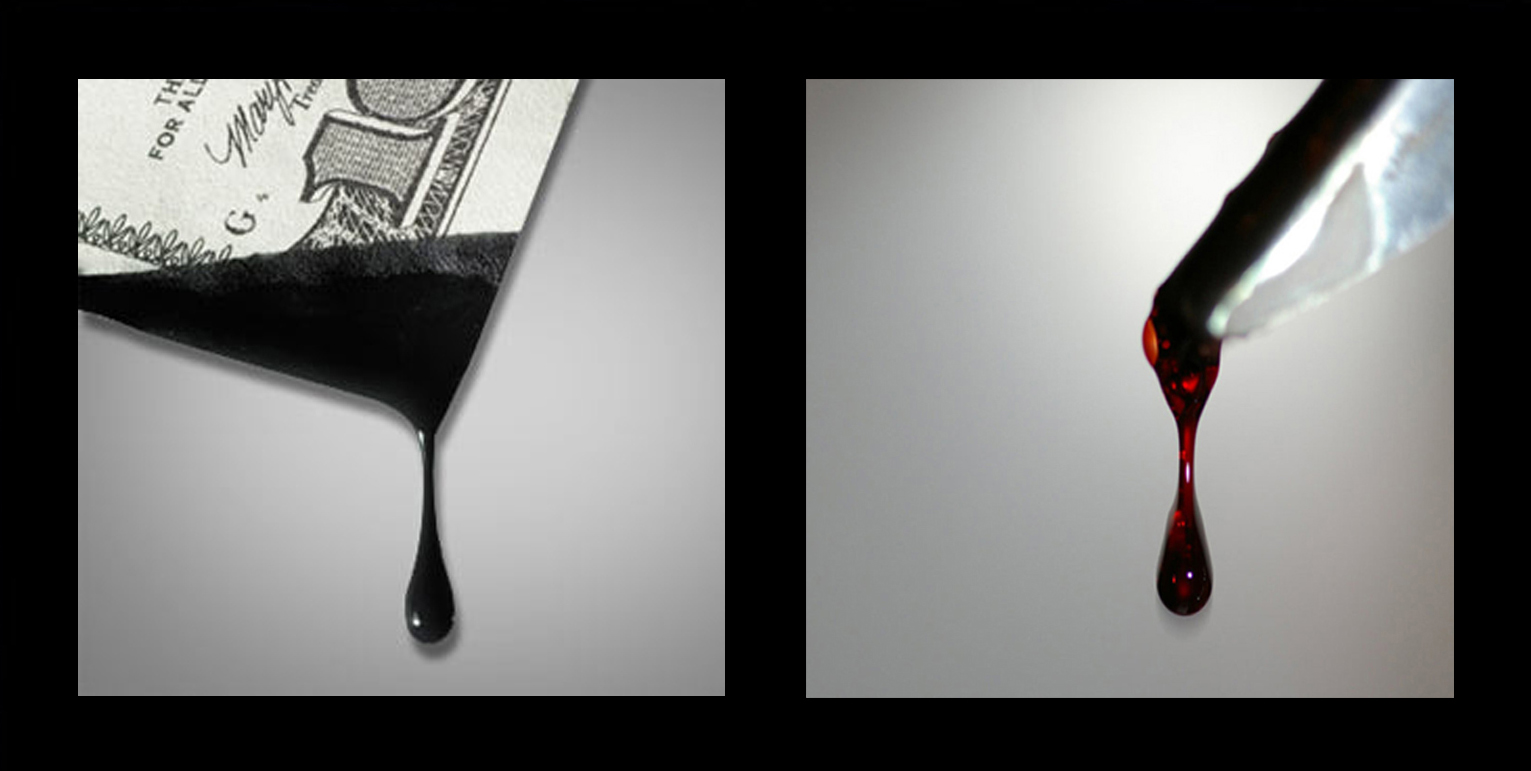
Three of the five Big Oil companies released their second quarter profits last week, raking in a combined $11.4 billion this quarter for a total of $31 billion this year.
While profits declined for each company, Exxon Mobil still brought in $6.9 billion despite a drop in oil and gas production. Shell had to spend $2 billion to write down their North American shale assets – which contained less natural gas than anticipated – but still announced $2.4 billion in profits. Finally, ConocoPhillips, the largest independent U.S. producer, increased their production and brought in $2.1 billion for the second quarter of 2013.
Here’s what Exxon Mobil, Royal Dutch Shell and ConocoPhillips are doing with their profits:
-
Shell, along with BP, is being investigated by the European Union for price-rigging in the global oil market.
-
Shell was the top lobbying spender of the oil and gas industry in 2012, spending over $14 million, while Exxon Mobil was close behind with $13 million. ConocoPhillips was also amongst the oil and gas industry’s top ten lobbying spenders, spending just under $4 million.
-
Exxon has already spent an additional $7.9 million in lobbying so far this year, ranking in as the twelfth heaviest spender of 2013. Combined, Shell and ConocoPhillips have already dropped over $6 million in 2013.
-
Exxon spent $3.7 million on federal campaign contributions in the 2012 cycle, with 89 percent of those contributions going to Republicans. ConocoPhillips spent over $800,000 while Shell dished out over $700,000.
-
Shell and ConocoPhillips are sitting on over $12.5 billion and $3.9 billion in cash reserves, respectively, while Exxon has $5 billion.
Despite being the second most profitable company in the world, Exxon Mobil has yet to fully pay for the Exxon Valdez oil spill, which spewed more than 11 million gallons of crude oil in Alaska back in 1989. As Climate Progress recently reported, the federal government notified the oil giant in 1996 that it still owed $92 million in additional restoration fees to help address the long-term damage. 17 years after being notified, the company is still actively avoiding accountability.
While profits were lower than expected this quarter due to weaker earnings from its refining business and a decrease in production, Exxon was still able to repurchase over $4 billion in shares in order to enrich their executives and shareholders.
In late December of 2012, Shell was forced to remove a rig that ran aground near Kodiak, Alaska. As previously reported, Shell was haphazardly attempting to tow the rig outside of state waters in order to avoid paying millions of dollars in taxes, despite receiving $200 million in tax breaks in 2011. It took over a week working in dangerous waters for the 500 person team, led by the coastguard, to secure the rig.
Should development in the Arctic region continue, the risk of a major oil spill is at 30 to 50 percent and according to James McCarthy, a Harvard professor who sits on the U.S. Arctic Research Commission, adequate technologies simply don’t exist to clean up oil spilled among sea ice. Despite Shell’s excitement over the profitability of drilling in the Arctic, the company underwent setback after setback, which included failing to meet commonsense safety requirements for its oil spill response equipment, experiencing multiple permit violations and several technical failures.
ConocoPhillips, through their revolving door lobbying practices, highlights another way in which Big Oil companies abate regulation. Almost 60 percent of lobbyists representing ConocoPhillips have previously held federal office, including two former Congressmen.
Like Shell, ConocoPhillips is extremely concerned with how much they pay in taxes. Since 2011, taxation has remained ConocoPhillips' most lobbied issue. ConocoPhillips' revolving door strategy appears to be more effective than Shell’s failed attempt to flee state waters. In 2011, ConocoPhillips paid an effective federal tax rate of 18 percent, which is unabashedly lower than the standard 35 percent corporate tax rate.
Tiffany Germain is a Senior Climate/Energy Researcher for the CAP Action War Room. Gabriel Mendola is an intern for the CAP Action War Room and is a senior at Harvard University.
3 WAYS TO SHOW YOUR SUPPORT
- Log in to post comments















